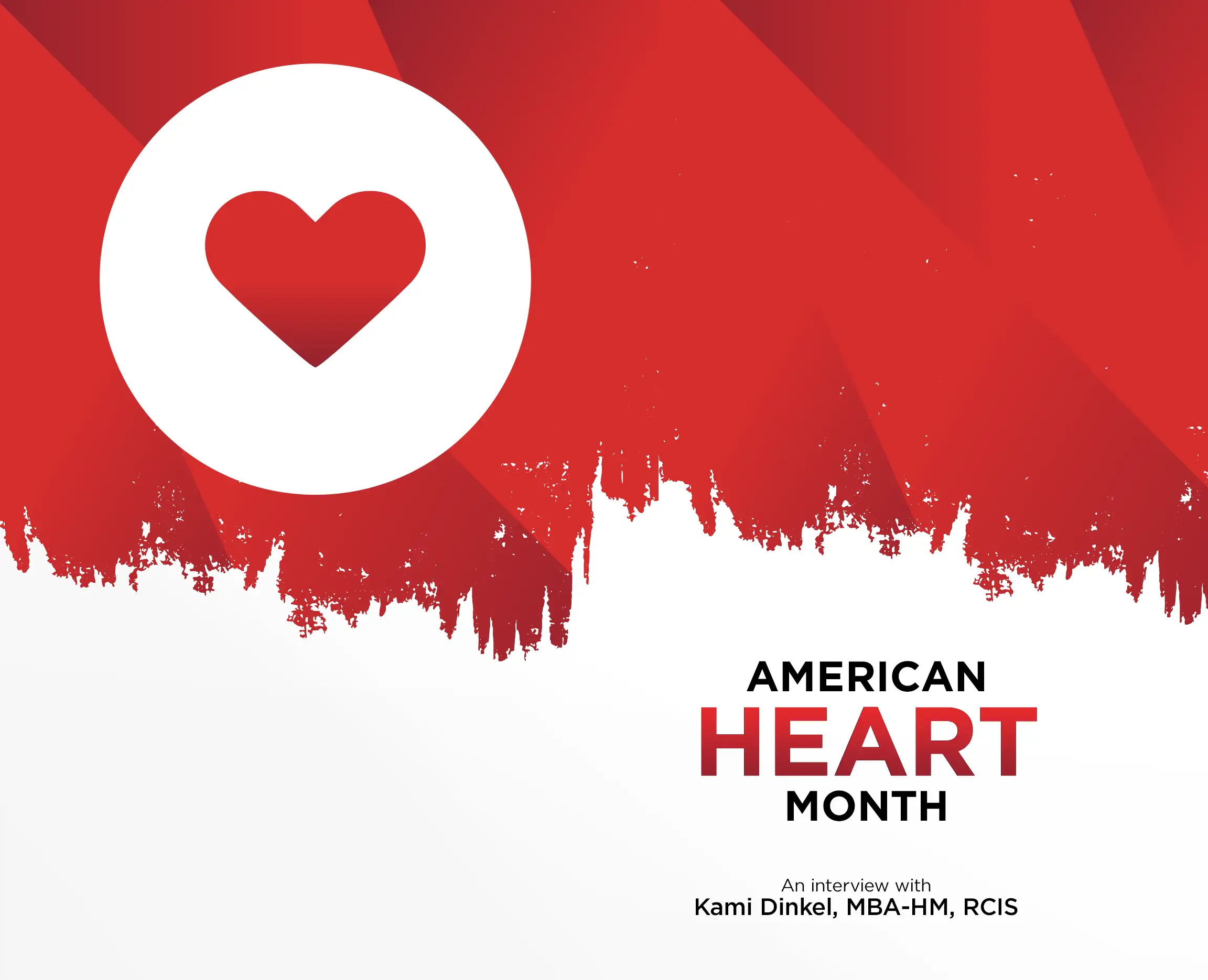February is Heart Health Month, intended to raise awareness around cardiovascular disease. It’s important to talk about the value of a heart-healthy lifestyle, given that heart disease continues to be the leading cause of death for both men and women in the United States, claiming more lives than cancer and respiratory disease combined. According to Center for Disease Control and Prevention (CDC) surveys, coronary heart disease causes 1 in 5 deaths, and approximately 1 in 20 adults aged 20 and above live with some form of diagnosed coronary heart disease.
The good news is that heart disease is not inevitable as we age – it can be delayed or even prevented by managing modifiable risk factors like diet, exercise, and stress levels. However, receiving the right preventative screenings at the right intervals is key to the early prevention and diagnosis of these conditions.
Continue reading to discover three vital ways to maintain your heart health.
Diet
The quality of one’s diet can have powerful preventative effects on heart disease. Eating a balanced diet high in fresh fruits, vegetables, whole grains, lean protein, and healthy fats has been shown to benefit cardiovascular health. One study showed following a Mediterranean-style diet rich in produce, nuts, fish, and olive oil may lower one’s risk of heart disease by 30%.
In contrast, processed and fried foods high in trans fats, saturated fats, salt, and added sugars can negatively impact cholesterol levels and blood pressure, increasing the risk for heart disease.
Exercise
Regular physical activity is equally important for supporting heart health. Heart disease, alongside type 2 diabetes and colon and lung cancers, has long been linked to an inactive, sedentary lifestyle. To combat this, the American Heart Association (AHA) recommends 150 minutes a week of moderate-intensity aerobic activity or 75 minutes a week of vigorous aerobic activity to both improve sleep and lower the risk of heart disease.
Moderate-intensity activities typically include walking, biking, or gardening. Vigorous-intensity activities may include running, jumping rope, tennis, or any activity resulting in rapid breathing and a substantial spike in heart rate. Weight-bearing exercises and muscle-strengthening activities have also proven to be beneficial for heart health. However, it’s important to always check with your doctor before significantly increasing exercise levels.
Stress Management
According to the AHA, chronic stress can contribute to a variety of poor health behaviors, such as smoking, overeating, obesity, and a lack of physical activity. Stress also releases adrenaline, leading to a temporary spike in heart rate and blood pressure. Over time, chronic stress may lead to chronic high blood pressure, drastically increasing the risk of heart attack or stroke.
Finding healthy coping outlets to mitigate daily stressors is key to heart health. Self-care practices like meditation, yoga, journaling, or spending time outdoors are closely linked to better cardiovascular outcomes.
Speak with Your Doctor About Screenings
Routine checkups with your doctor offer a valuable chance to catch early warning signs of heart issues through preventative screening tests. Your doctor may check important measures like blood pressure, cholesterol levels, blood sugar, and body mass index as part of routine visits. Make sure to discuss your diet, exercise habits, smoking status, family history, and any other relevant details with your physician to determine your risk level. If detected early, issues like high cholesterol or high blood pressure can often be corrected through lifestyle changes before causing further progression or events. Higher-risk cases often need more frequent screenings and closer monitoring over time.
Ambulatory surgery centers (ASCs) increasingly offer convenient heart-related screenings in an outpatient setting. Becker’s ASC Review predicts that by 2025, 33% of cardiology procedures will take place in ASCs, compared to just 23% in 2018. As more cardiovascular procedures shift from hospitals to ambulatory centers, you can take advantage of easier access to screenings closer to home.
Want to learn more about heart health? Check out some similar content from SCA Health:
Resources:
The New England Journal of Medicine: https://www.nejm.org/doi/full/10.1056/NEJMoa1200303#t=articleTop
The Center for Disease Control and Prevention (CDC): https://www.cdc.gov/heartdisease/prevention.htm; https://www.cdc.gov/heartdisease/facts.htm
American Heart Association (AHA): https://newsroom.heart.org/news/more-than-half-of-u-s-adults-dont-know-heart-disease-is-leading-cause-of-death-despite-100-year-reign; https://www.heart.org/en/healthy-living/fitness/fitness-basics/aha-recs-for-physical-activity-in-adults
Becker’s ASC Review: https://www.beckersasc.com/cardiology/why-cardiology-is-ascs-next-big-thing.html








